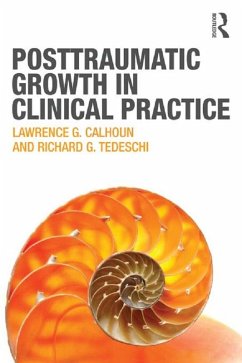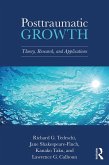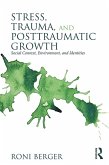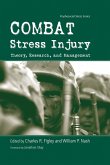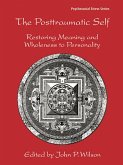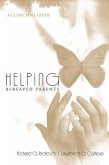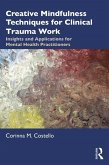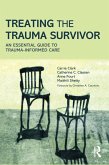From the authors who pioneered the concept of posttraumatic growth comes Posttraumatic Growth in Clinical Practice, a book that brings the study of growth after trauma into the twenty-first century. Clinicians will find a framework that's easy to use and flexible enough to be tailored to the needs of particular clients and specific therapeutic approaches. And, because it utilizes a model of relating described as "e;expert companionship,"e; clinicians learn how to become most empathically effective in helping a variety of trauma survivors. Clinicians will come away from this book having learned how to assess posttraumatic growth, how to address it in treatment, and they'll also have a basic grasp of the ways the changes they're promoting will be received in various cultural contexts. Case examples show how utilizing a process developed from an empirically-based model of posttraumatic growth can promote important personal changes in the aftermath of traumatic events.
Dieser Download kann aus rechtlichen Gründen nur mit Rechnungsadresse in A, B, BG, CY, CZ, D, DK, EW, E, FIN, F, GR, HR, H, IRL, I, LT, L, LR, M, NL, PL, P, R, S, SLO, SK ausgeliefert werden.

